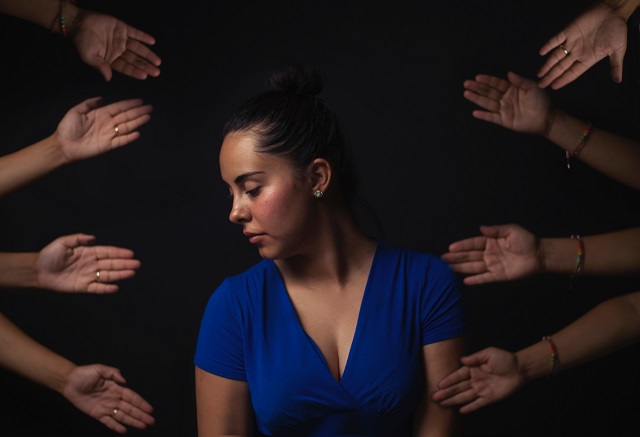In 1969, I was arrested for loitering in San Francisco.
I was a runaway, and the police told me they wanted to convince me to go home by scaring me half to death…they did.
When I went to court, the judge sentenced me to probation and suggested I go to therapy. I did go—for 10 years, and nothing changed. I was still depressed, an alcoholic, and addicted to love.
Eventually, in 1982, I had a nervous breakdown—and this time, the doctor sent me to a support group. This changed my life forever, because in this group, I had peer support and 12 steps to keep me busy.
This is why I feel support groups worked for me.
Honesty is very fragile. It begins to fall apart in isolation. To guard against the withering away of the progress we make, it’s important to find a community of other people who are also working to change.
Many wonderful things happen in such a place:
>> We tell our story out loud and find out, to our amazement, that we are not the only one with a particular problem. (I thought when they heard my story I would be banished from the group.)
>> We find love and support from others who really understand what we’re going through.
>> We find strength we didn’t know we had and the hope we thought we had lost.
>> We find more wisdom about how to change than we know what to do with.
>> We will find a place where we can be honest and share secrets. This helps dissipate our shame.
>> We learn a lot about our problems and what we can do about them. The people we meet will share their insights and recommend books and other resources. This will facilitate the changes we want to make.
>> We will be reminded to guard against procrastination and denial, because showing up is a constant reminder that we need to change.
>> We will be able to call people in our support group, which will help us avoid the dysfunctional behavior that we want to change. We can call someone before acting out in some irrational way.
Support groups make us accountable to the group. We find ourselves doing for them what we won’t do for ourselves. (As we develop our own inner strength, accountability to the group will became less important.)
Of course, when looking for a group, we need to take some time to find a good fit. Some of us will benefit from a therapeutic approach and should look for a professionally facilitated support group. The therapist in such a setting will keep things on track and provide the kind of structure some of us need to feel safe. Usually these groups work best for people who just need a jump-start and not a lifetime of support.
If we are looking for a spiritual solution—and think a long-term support network is beneficial—we will find 12-step programs very helpful. Twelve-step programs, like Alcoholics Anonymous, believe that there is a benevolent force in the universe that can do for us what we cannot do for ourselves.
Even within the category of 12-step programs, however, we need to look around until we find a group that feels right. We will know it when it happens. Sometime during the course of the meeting, we will have a sense of homecoming.
I was lucky. This happened to me in 1982 at my first 12-step meeting. I really didn’t think my problem was out of control, but I sat there as someone explained how the program worked. Then, something the moderator said caught my attention.
“You will have to learn how to ask for help,” she announced.
“Not me,” I said to myself. “I don’t need anybody’s help.”
As the meeting continued, I listened attentively. Then, at some point, I began to have a feeling of homecoming. I could not explain it, but I felt as if I was in the right place—that I had come home after a long journey.
I started crying—and, in embarrassment, I turned my face to the wall.
The woman next to me raised her hand and asked, “How do you know you belong here?”
“You just know,” I whispered to myself. “You just know.”
~
Relephant:
Supporting the Support: Helping Family & friends with a Loved One Struggling with Addiction.
~
Author: Susan Peabody
Image: Unsplash/Cristian Newman
Editor: Yoli Ramazzina
Copy Editor: Leah Sugerman
Social Editor: Taia Butler









Read 0 comments and reply